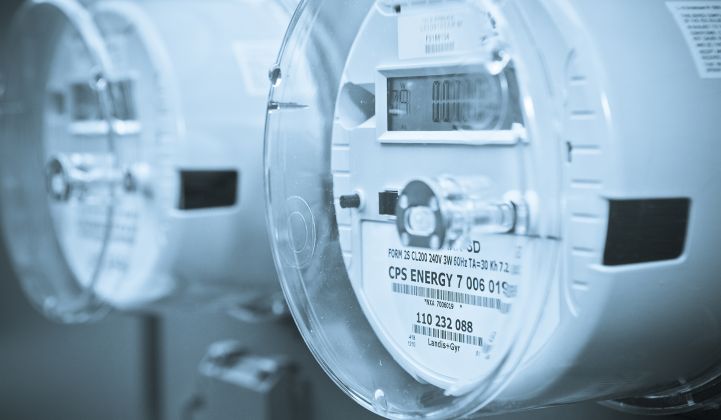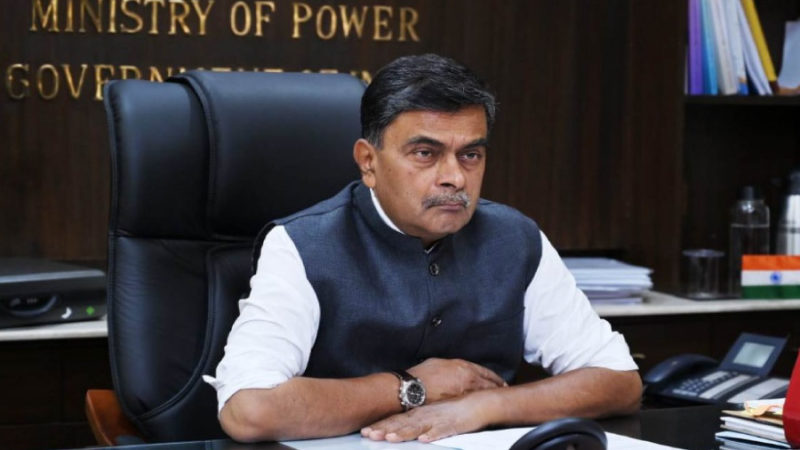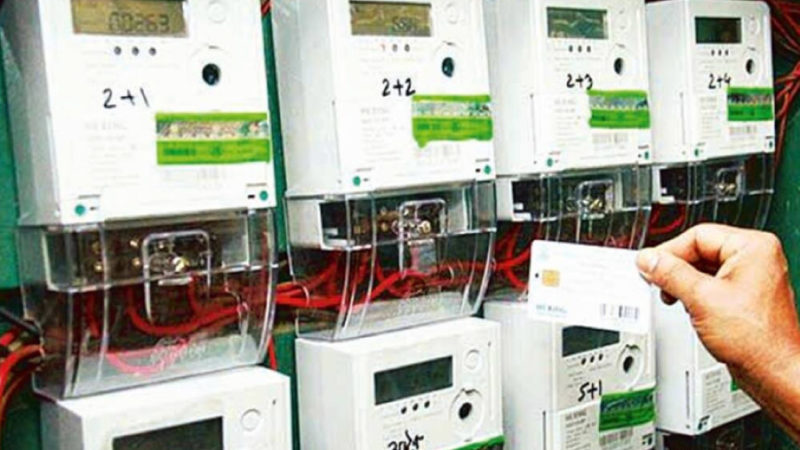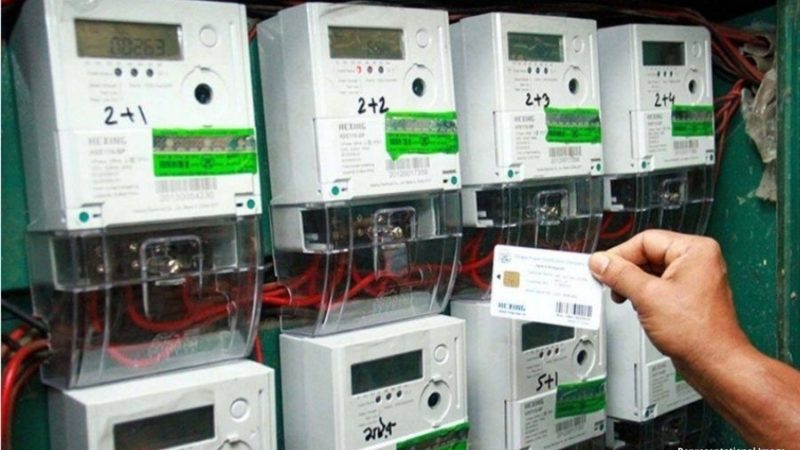SMART METERING INITIATIVE

The government’s UDAY scheme endeavours to provide some reprieve to India’s DISCOMs and distribution sector, through financial restructuring. With their capability to cut transmission and distribution losses, and ensure 24X7 power, smart meters have also been made a part of this scheme, which can unlock a cascade of benefits for discoms and consumers. Most importantly, the two-way communication technology underpinning them will enable utilities to facilitate demand response and prediction, and management of peak demand, achieving grid stability.
Key Benefits
Smart meters will enable discoms to forecast energy demand cycles in real-time, and swiftly rebalance the grid’s energy sources, achieving renewable-energy infusion. A smart meter records consumption of electric energy in intervals of one hour or less and communicates this data to the utility company. This allows utility companies to introduce price differentiation based on the season and the time of day.
Thus with smart meters recording and anticipating fluctuations throughout the day, discoms can explore ‘Time of Use (ToU) tariffs’ that accurately reflect energy prices. While discoms can shift loads from high-price hours to low-price hours, it will also encourage consumers to change their energy consumption pattern and save on electricity bills by opting for more attractive ToU tariffs.
With real-time communication between DISCOMs and consumers, smart meter data can ensure faster outage detection and restoration of services, and end billing inefficiency via an automated bill meter reading. Additional consumer benefits include access to a prepaid billing model wherein they pay only for the electricity they can afford. They can also consciously adopt energy efficient practices, managing energy costs better.
The benefits of smart meters are clearly profound—and most importantly, easily accessible for consumers, for whom it is a simple one-time installation of a compact appliance. What they get in return is an unparalleled degree of transparency and trust in their DISCOMs, and reliable electricity supply.
Key Initiatives:
Understanding these benefits, the government’s Smart Meter National Programme is working to implement one of the world’s fastest ramp-up of smart meter installation, targeting the retrofitting of 25 crore meters.
Though, the benefits of smart meters are immense for both discoms as well as consumers. However, the high upfront cost of smart meters has been one of the key reasons for their slow adoption by discoms with fragile financial health. To overcome this issue, one of the key initiatives being undertaken by the government is the bulk procurement of such meters.
To this end, Energy Efficiency Services Limited (EESL), which is spearheading the initiative, is aggregating the demand of smart meters from various states in order to procure meters in bulk and achieve cost efficiencies. EESL has released two tenders so far based on the international competitive bidding process for the procurement of 10 million smart meters on a pan-Indian basis. The move has received a wide participation from the industry and helped in a significant reduction in smart meter costs.
The Need of the Hour
Along with universal and affordable energy access, there is a larger imperative to smart meters as well. As the conduit for end-to-end transfer of energy demand, smart meters are the building blocks of smart grids. Globally, smart grid infrastructure investment in countries like China and the US has risen from approximately $67 billion in 2009, to nearly $200 billion in 2015 – creating a corresponding demand for smart meters. The mandatory nature of these meters in a country with the size and population of India can create bulk demand and facilitate economies of scale in reducing manufacturing costs. Smart meters, thus, not only act as a pathway to resolve DISCOM woes with newfound efficiencies, but can also create an entire domestic smart meter industry where none previously existed.
Way Forward:
Smart meters are the first step in the digitisation of energy, paving the way for India’s smart energy revolution. Powered by cutting-edge technologies like the Internet of Things (IoT), and automation, ‘smart energy’ integrates energy consumption with renewable-energy production, relevant infrastructures, through energy services, active users, and enabling technologies.
Most importantly, the smart meter is a vital technology in India’s power reform, creating the potential to reduce DISCOMs’ current liability to India’s financial infrastructure, estimated to be INR 20,000 crore. With the replacement of 25 crore conventional meters with smart meters, billing efficiency can improve from 80 percent to 100 percent, and they have the potential to increase DISCOM revenues by INR 1.1 lakh crore.








